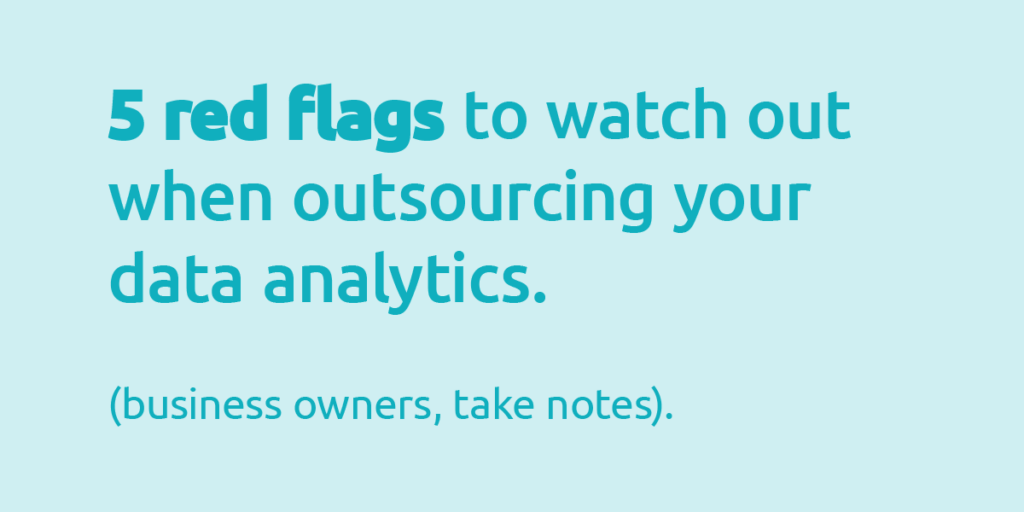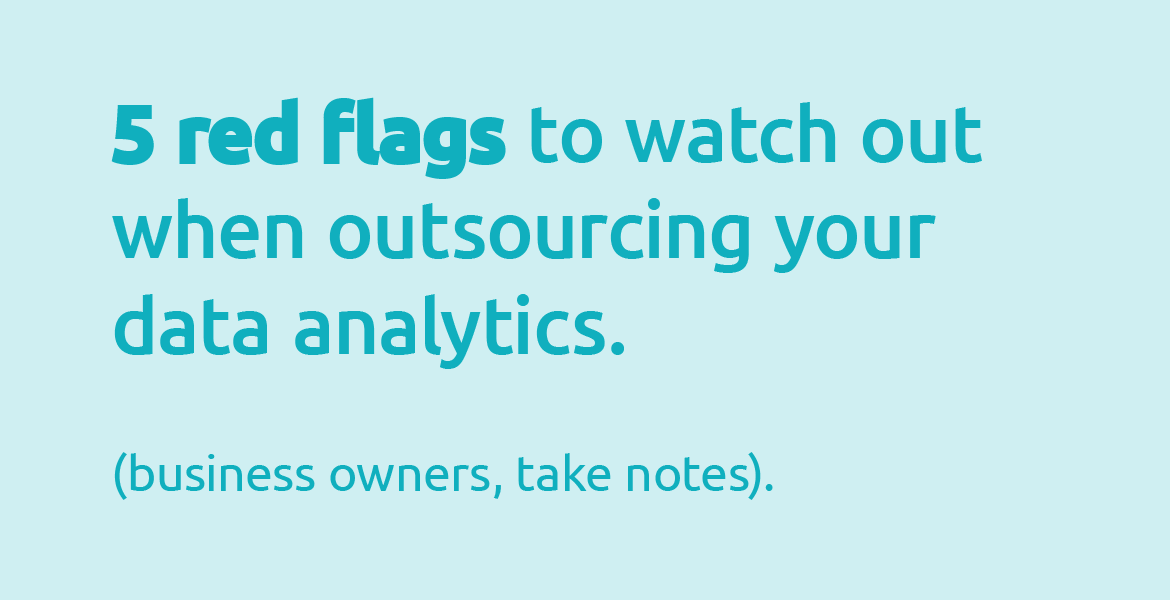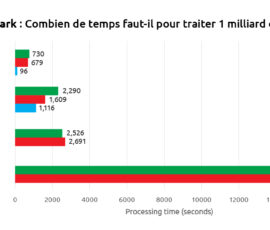
Outsourcing your data analytics can significantly empower your business, providing insights and efficiencies that might be challenging to achieve internally. However, while the benefits are numerous, entering such partnerships requires caution and due diligence. Here are five critical red flags business owners should be vigilant about to ensure they are making the most out of their analytics outsourcing.
1. Slow Iteration Speed with Rising Billable Hours
Effective decision-making in today’s agile business environment depends on quick iteration cycles. If you begin to notice that the intervals between updates are getting longer, especially if this delay is accompanied by an increase in costs, it’s a sign that the partnership might not be as efficient as it should be. Outsourced analytics should enhance your business agility, not hinder it.
2. Limited Data Scope
Data analytics should provide a comprehensive view of your business landscape, which requires analyzing a broad set of data sources. If your analytics consultant is only focusing on a limited sample of data and not proactively seeking additional data that could provide deeper insights, they are not offering the full value that data analytics can provide. This limitation can skew your decision-making process and lead to less informed business decisions.
3. Lack of Business Understanding
A good analytics partner will strive to understand your specific business needs and tailor their services accordingly. A lack of customization and a generic approach to data analysis suggest that the service provider may not be fully invested in your company’s success. This disconnection can result in analytics outputs that are less relevant and potentially unhelpful for strategic decision-making.
4. Lack of Transparency in Processes and Methodologies
Transparency is crucial in any outsourcing relationship. You should have clear visibility into how your analytics partner operates, the tools they use, and how they analyze your data. A reluctance to disclose these details can be a significant red flag, indicating potential confidence issues in their methods or, even worse, inefficiencies they might be trying to conceal.
5. No Clear ROI or Metrics for Success
Finally, the ultimate goal of outsourcing data analytics is to enhance business performance. If your analytics partner cannot define or demonstrate how their efforts are contributing to your business objectives with clear ROI or other success metrics, it may be time to reassess the partnership. Measurable outcomes are essential for justifying the investment in any outsourced service.
Conclusion
Being locked into a dependent relationship with your analytics partner doesn’t just limit your potential—it can directly harm your business. Outsourcing your data analytics should be a strategic decision that propels your business forward, not a hindrance that holds you back.





